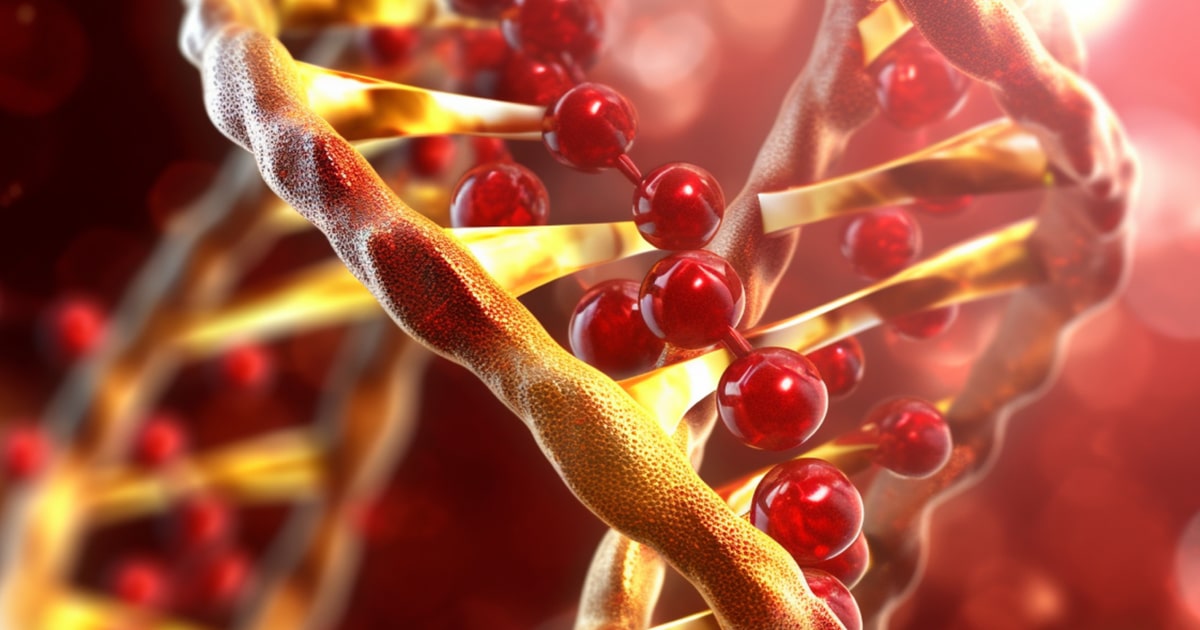
Expert Reviewed By: Dr. Brandon Colby MD
```htmlIntroduction to Infantile Cortical Hyperostosis
Infantile Cortical Hyperostosis (ICH), also known as Caffey Disease, is a rare pediatric disorder characterized by the abnormal thickening of the bones (hyperostosis) in infants. This condition typically presents within the first few months of life and can cause significant distress for both the child and the parents due to its painful symptoms and potential complications.
Symptoms and Diagnosis
Symptoms of ICH often include fever, irritability, and swelling of the soft tissues overlying the affected bones, most commonly the mandible, clavicle, and long bones. The swelling is usually firm and tender, and the overlying skin may appear red and warm to the touch. The diagnosis of ICH is primarily clinical, supported by radiographic findings of cortical thickening and subperiosteal new bone formation.
Role of Genetic Testing in ICH
Genetic testing has emerged as a crucial tool in the diagnosis and management of many hereditary disorders, including ICH. Understanding the genetic basis of ICH can provide valuable insights into the disease's pathogenesis, aid in early diagnosis, and guide treatment strategies.
Identifying Genetic Mutations
ICH is often associated with mutations in the COL1A1 gene, which encodes the alpha-1 chain of type I collagen, a critical component of bone and connective tissue. Genetic testing can identify these mutations, confirming the diagnosis of ICH and differentiating it from other conditions with similar clinical presentations, such as osteomyelitis or malignant bone tumors.
Predicting Disease Course
Genetic testing can also provide prognostic information. Certain mutations in the COL1A1 gene may be associated with a more severe disease course or higher risk of complications. By identifying these mutations early, healthcare providers can monitor affected infants more closely and intervene promptly if complications arise.
Family Planning and Genetic Counseling
For families with a history of ICH, genetic testing can offer critical information for family planning. Identifying carriers of the COL1A1 mutation can help parents understand the risk of passing the condition to their children. Genetic counseling can provide support and guidance to families, helping them make informed decisions about future pregnancies.
Research and Therapeutic Development
Genetic testing not only benefits individual patients but also contributes to the broader understanding of ICH. By identifying and studying genetic mutations associated with the disease, researchers can uncover new insights into its pathophysiology, potentially leading to the development of targeted therapies. This research can ultimately improve outcomes for patients with ICH and similar disorders.
Conclusion
Infantile Cortical Hyperostosis is a challenging condition that can significantly impact affected infants and their families. Genetic testing plays a crucial role in the diagnosis, management, and understanding of ICH. By identifying genetic mutations, predicting disease course, aiding in family planning, and contributing to research, genetic testing offers hope for better outcomes and improved quality of life for those affected by this rare disorder.
For more information on genetic testing and its applications in various diseases, visit the Semantic Scholar API.
```About The Expert Reviewer
Dr. Brandon Colby MD is a US physician specializing in the personalized prevention of disease through the use of genomic technologies. He’s an expert in genetic testing, genetic analysis, and precision medicine. Dr. Colby is also the Founder of and the author of Outsmart Your Genes.
Dr. Colby holds an MD from the Mount Sinai School of Medicine, an MBA from Stanford University’s Graduate School of Business, and a degree in Genetics with Honors from the University of Michigan. He is an Affiliate Specialist of the American College of Medical Genetics and Genomics (ACMG), an Associate of the American College of Preventive Medicine (ACPM), and a member of the National Society of Genetic Counselors (NSGC)